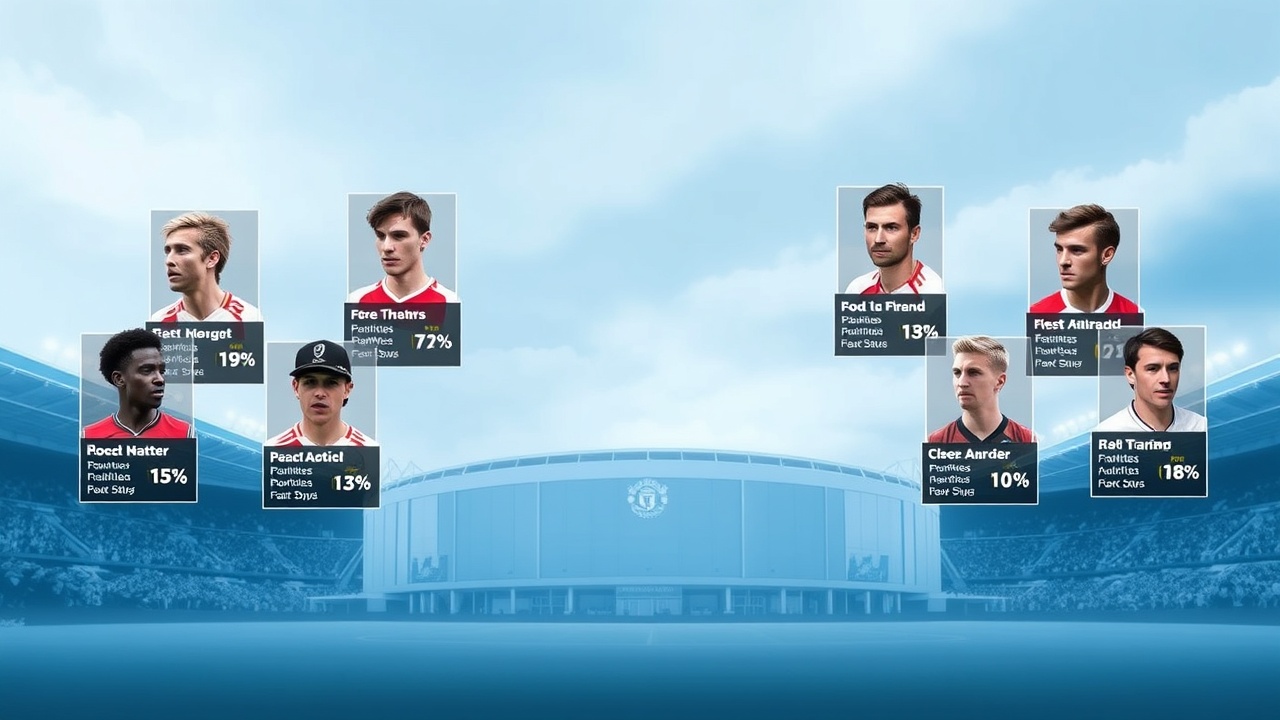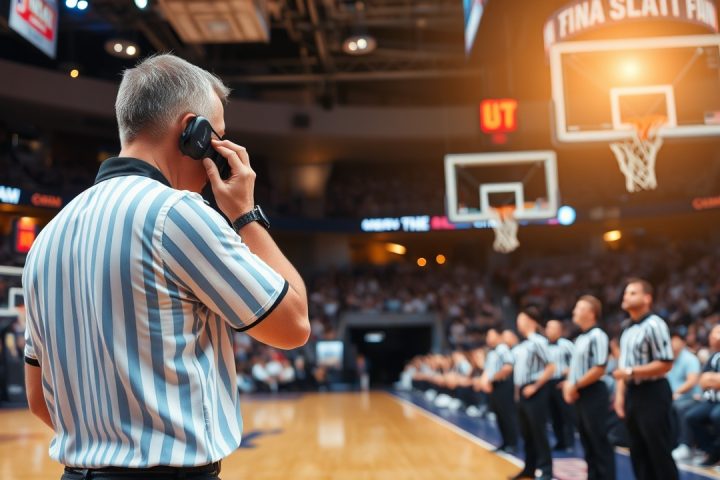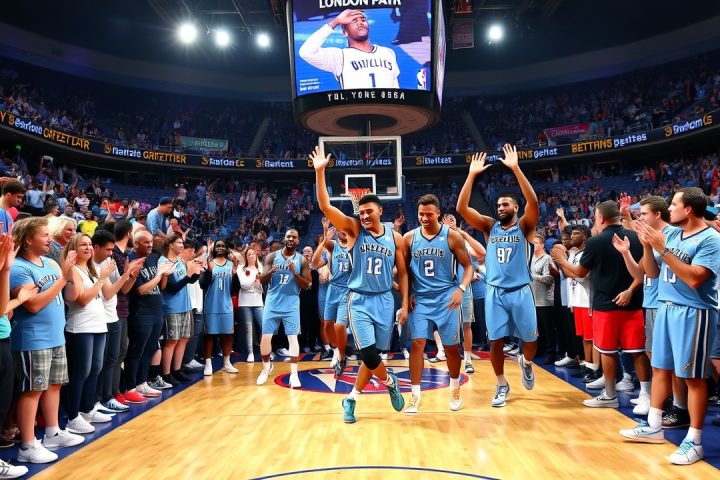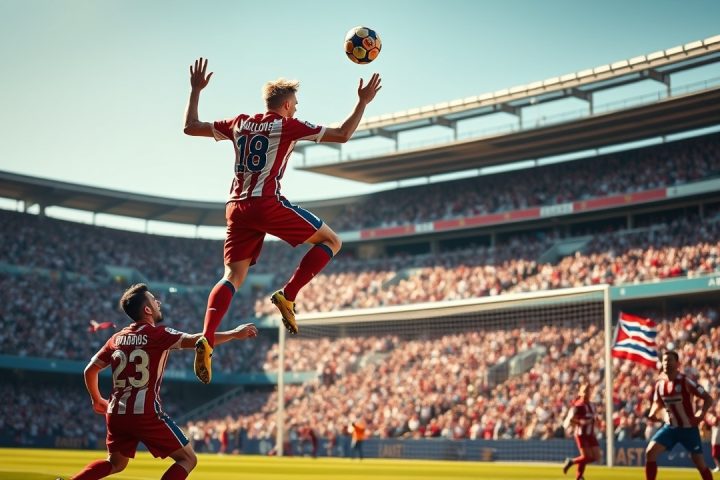Manchester United’s Transfer Activity: A Critical Overview
In the narrative of Manchester United’s recent transfer activity, Daniel James stands out as a notable exception. Since the departure of legendary manager Sir Alex Ferguson in 2013, he remains the only player to have been sold for a higher transfer fee than the sum spent to recruit him. Acquired from Swansea City for £15 million in 2019, James was sold to Leeds United two years later for £25 million.
This incident epitomizes a larger concern at the club, where the recent selling of Scotland midfielder Scott McTominay to Napoli for £25.7 million marks the largest transfer fee received since the exits of high-profile players Angel Di Maria and Romelu Lukaku over a decade ago. Di Maria was sold for £44.3 million to Paris Saint-Germain in 2015, one year after joining for around £59.7 million, while Lukaku’s move to Inter Milan in 2019 fetched £68 million, a notable drop from his £75 million transfer from Everton just two years earlier.
Current Transfer Window Challenges
With the summer transfer window of 2025 now closing in just two weeks, Manchester United finds itself at a critical juncture. The club has emphasized the necessity for player sales to align their financials with the Premier League’s profit and sustainability regulations. They have invested nearly £200 million this summer, bringing in four new players: Matheus Cunha, Bryan Mbeumo, Benjamin Sesko, and Diego León.
However, they have yet to generate any revenue through outgoing transfers. The only notable shift in the wage bill was Marcus Rashford’s loan to Barcelona, which removed his hefty £325,000-a-week salary. While the club has seen minor profits from the transfers of players like Anthony Elanga and Álvaro Carreras, no players have been sold outright this summer.
Several players, including Jadon Sancho, Alejandro Garnacho, Antony, Tyrell Malacia, and Rasmus Højlund, are reportedly available for transfer, yet as the deadline looms, prospective buyers are acutely aware of United’s need to offload these assets, potentially negotiating from a disadvantageous position. United aims to raise about £120 million from sales, but this figure risks reducing quickly, especially with their recent track record showing them as the least effective club in the Premier League for generating funds through player sales.
Comparative Performance and Future Outlook
This season’s disappointing transfer activity highlights a troubling trend for United, which has often overpaid for players who struggled to make an impact. With homegrown talents consistently undervalued and mid-tier signings often leading to financial losses, United’s recent history is marred by a lack of successful transfers.
In stark contrast, clubs like Liverpool have excelled in leveraging their player transfers; they recently sold Luis Díaz to Bayern Munich for a £10 million profit after acquiring him for £50 million mere months prior. Additionally, their adept management has brought in substantial sums from sales of homegrown players, totaling about £70 million this summer alone. Manchester City has also outperformed United, netting £60 million through the sales of James McAtee, Yan Couto, and Máximo Perrone, showcasing their knack for maximizing player value.
The disparity in transfer dealings is indicative of the challenges Manchester United faces in modern football. Their inability to sell players effectively compromises their capacity to compete at the highest levels. The club’s reliance on past strategies, reportedly influenced by the Glazer family’s management decisions, has often led to holding onto players too long, diminishing their market value dramatically.
The recent form of former players further underlines this issue; key figures like Dean Henderson and Anthony Martial have struggled to find new clubs following their departures, hinting at the declining quality associated with ex-United players.
As the new director of football Jason Wilcox and director of recruitment Christopher Vivell settle into their positions, they face a major challenge in re-establishing Manchester United as a desirable destination for transfers and finding ways to monetize their outgoing players effectively. How they handle the imminent transfer decisions regarding Sancho, Garnacho, Malacia, Antony, and Højlund before the September deadline will be a critical test of their ability to reverse the trend and compete with their peers in the league.




